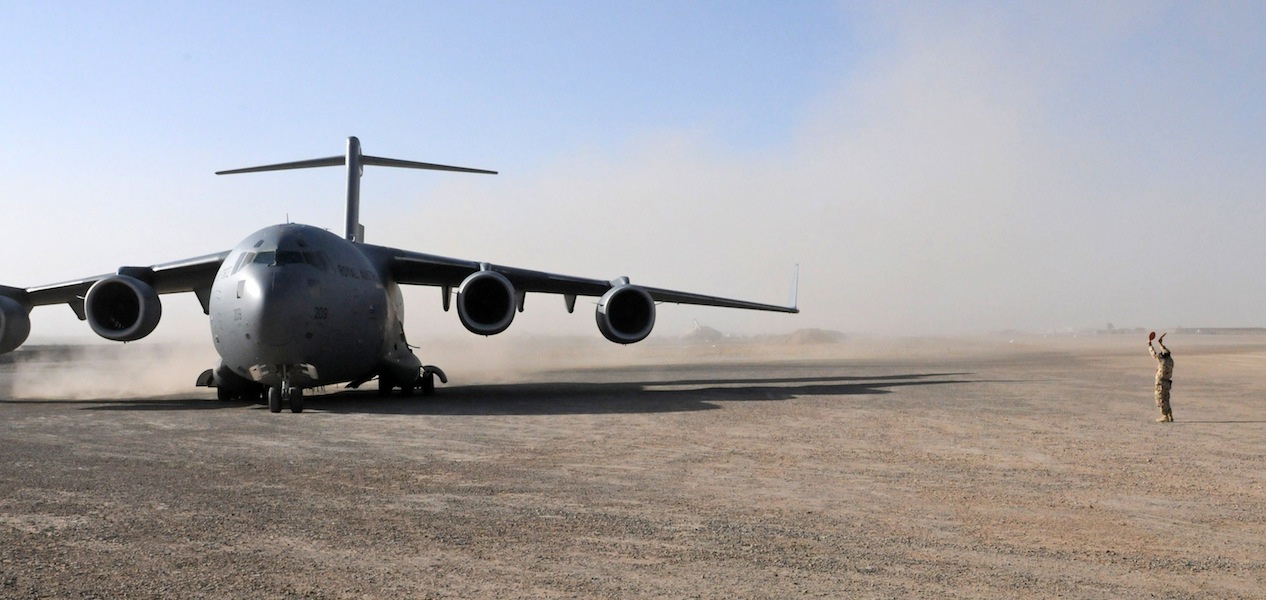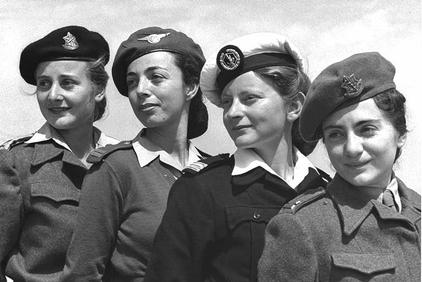They say pictures are worth a thousand words, but how much more would they be worth if they were also a secure form of communication? From a security perspective, it could be quite a lot.
With the introduction of advanced personal technology, states around the world have focused on intelligence gathering, and armies have focused on securing their communications, especially in combative times.
Most recently, Fitbits, the bracelets that help track your daily fitness statistics and regiment, have become a security threat. It’s been reported that multiple highly classified U.S and NATO bases in many conflict areas have been exposed by the publicly available data associated with soldiers’ Fitbits. The way these devices work is that they show a heat signature on a publicly available map of each individual device’s movement, and as a result, the soldier wearing them.
This security threat is not one to be taken lightly. Having such information easily available can provide an adversary with intelligence regarding patrols, routine, schedules, and generally a pattern of activity expanding out of bases. With rising tensions, this could be a fatal security threat; a threat that command centres are now actively fighting against by introducing limits on certain personal devices used on bases, such as the fitness trackers.
The problem is not only limited to the use of fitness trackers, however, as NATO has reported that Russia has hacked some NATO troops’ phones for information, and conversely, has also banned its own troops from using their smartphones, to avoid retaliatory action.
So it seems that both Russia and NATO are becoming wary of the use of smartphones and personal tech devices by their troops, but banning all forms of technology creates a serious problem. These smartphones are an essential means of communication between the troops stationed abroad and their families at home.
A new device hopes to create an alternative. The Digital Mirror, a communications device that acts similar to the photo booth, hopes to deliver technology for soldiers to connect with their families securely. The device is currently used socially and for entertainment, as it has augmented reality tools with fun and entertaining features and filters, but has vast communicatory applications.
Not only would these troops stationed abroad be able to communicate securely with their families via photos in a controlled setting, but would also help to paint a better reality of the daily lives of the soldiers, putting their families at ease over the military conditions that exist in serious and dangerous surroundings abroad.
In the long term, these Digital Mirrors could even hold the potential to form a vital encryption on internal communications. By using facial recognition software to unlock communications and security clearances, photos could change entirely from being memorabilia to an active form of back-and-forth communications.
The device has social, commercial and military applications, ensuring a changing world of communication that is secure, convenient and affordable. In order to create a sense of wellbeing from sender to recipient, the many features from textboxes to postcard settings permits the user to portray their words and feelings appropriately. Above all, the device is unique in the large benefits it provides for soldiers stationed in barracks and bases around the world, without the looming security and cyber threat hanging over their heads. It may seem like a trivial solution to a serious problem, but in the response to cyber intrusion, every contribution is welcomed.
Photo: Cybersecurity Plan X (2017), U.S. Department of Defense. Public Domain.
Disclaimer: Any views or opinions expressed in articles are solely those of the authors
and do not necessarily represent the views of the NATO Association of Canada.




